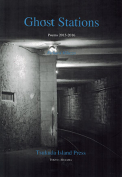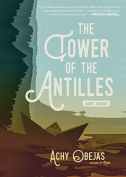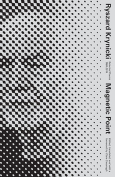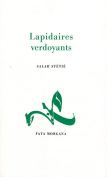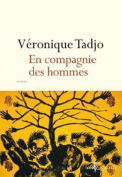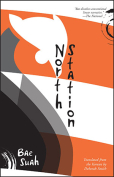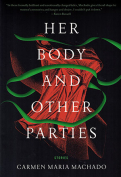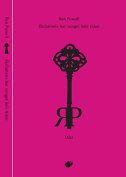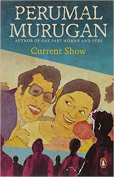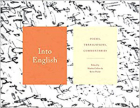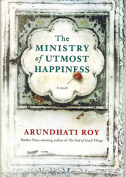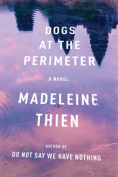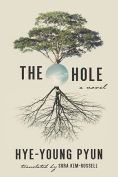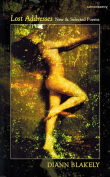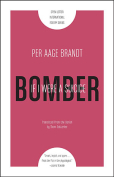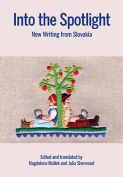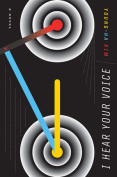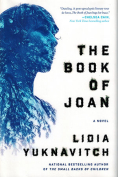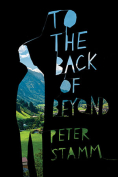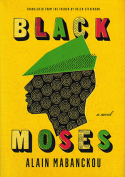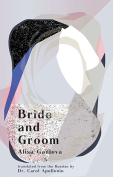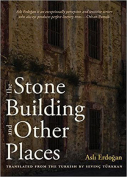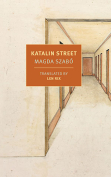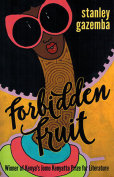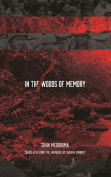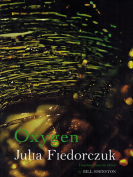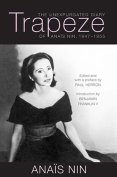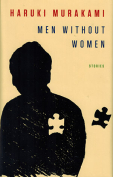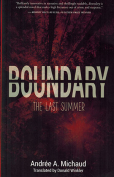Boundary: The Last Summer by Andrée A. Michaud
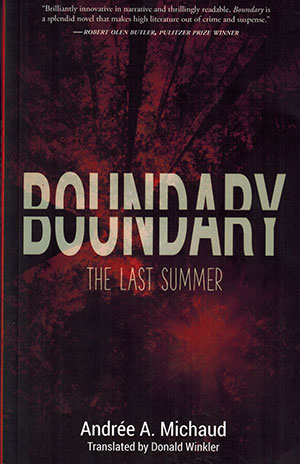 Windsor, Canada. Biblioasis. 2017. 331 pages.
Windsor, Canada. Biblioasis. 2017. 331 pages.
Crime novels are commonly praised as “page-turners,” but there is a different kind of excellence in which each page invites savoring. To hurry through such a book misses the point of its art. Boundary is one of those rare novels, rich in character and detail, evoking a place made as iconic as Yoknapatawpha by the author’s sensitive depiction. The story takes place in an area just inside Québec near the US border, where outsiders keep summer cabins and locals struggle through the winter. Three prepubescent girls are enjoying what is likely their last summer of childhood when one of them is murdered gruesomely in the woods with a bear trap.
Told in multiple points of view, with little dialogue, the novel is mostly about the effect this horror has on the people in the area. The architecture of the murder mystery unifies this story, with the usual elements of crime, investigation, and revelation; however, the novel becomes much more than a “whodunit” by using the mystery as a metaphor for the passage from innocence to experience, between knowing the world as a place of wondrous summer days and learning how dark is the night.
The girls, for example, discover the miracle of their first kiss but are soon confronted with the sexual implications suggested by the murder. One of the boys seems instantly to become a man after seeing the body of his murdered friend. The loss of innocence, or perhaps of illusion, is just as profound in the adults. A serpent invades their wooded Eden, and the inhabitants are forever cursed from the Tree of Knowledge. The local constable carries on out of a sense of duty, but the evil that has been revealed makes him know he cannot face anything like these crimes again.
Boundary is a haunting novel, rich with the details of the families’ daily lives and brilliant internal monologue, but the translation doesn’t draw attention to itself, a common flaw in translators too conscious of the masterful prose they are rendering. This is particularly appropriate here as Michaud’s remarkable writing seems entirely relaxed, belying what can only be very meticulously composed. Boundary has been recognized by a number of prizes in Canada, including the author’s second Governor General’s Award for Fiction. She deserves to be better known as one of the best writers in North America.
J. Madison Davis
Palmyra, Virginia

